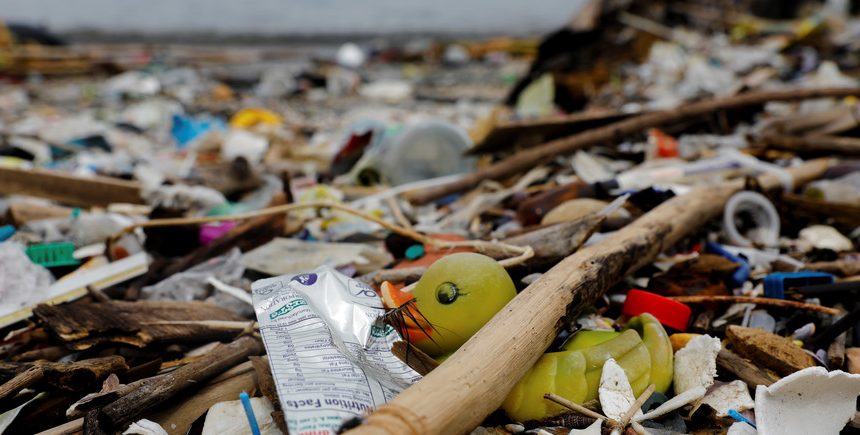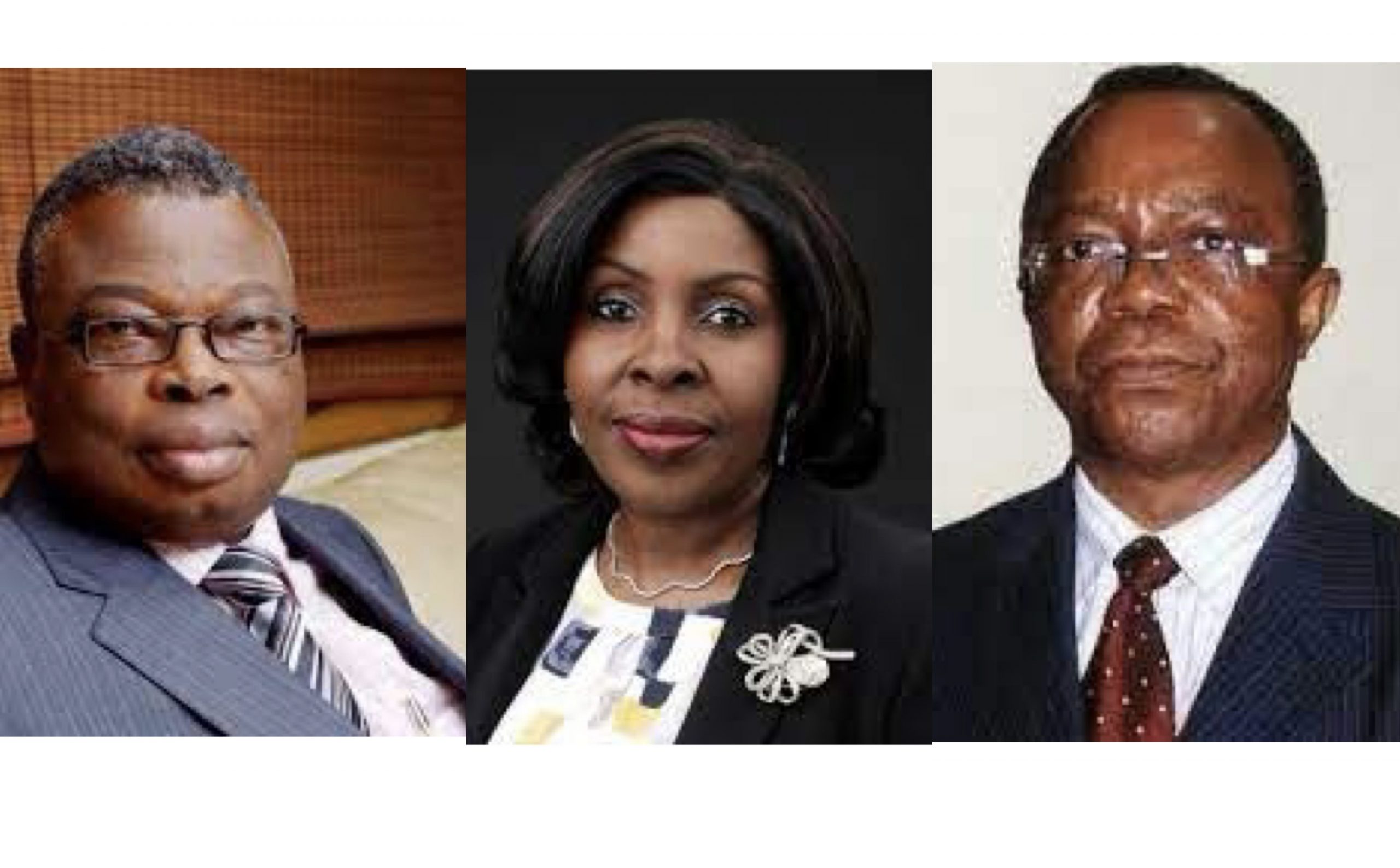The Nigerian Government will be partnering with the World Economic Forum’s Global Plastic Action Partnership (GPAP) to advance national efforts to fight plastic pollution, create jobs, and increase business opportunities.
World Economic Forum’s GPAP is a platform that works with governments, businesses and civil society to translate plastic pollution commitments into concrete solutions. The partnership will bring together Nigeria’s leading policy-makers, business leaders, and civil society organizations to formulate a common approach to bring system change to the circular economy.
Nigeria’s Minister for Environment, Mohammad Mahmood Abubakar said: “With this partnership, Nigeria is further reinforcing its commitments and efforts towards addressing plastic pollution and safeguarding the environment. From co-founding the African Circular Economy Alliance and establishing a Nigerian/AfDB Circular Economy Working Group to joining the Global Plastic Action Partnership, Nigeria is determined to unleash the full potential of our young generation of innovative and passionate leaders so that we can work together towards a future free of plastic pollution and waste. We look forward to strengthening our engagement with the World Economic Forum on this effort and to formally launching the partnership in the coming months.”
This announcement came after a week of virtual dialogues during the Davos Agenda– a global summit where heads of state, CEOs, civil society leaders, activists and media convened to discuss innovative solutions to curb the COVID-19 pandemic and ensure a green and inclusive recovery in the years to come.
Kristin Hughes, Director of the Global Plastic Action Partnership and Member of the Executive Committee, World Economic Forum, stated: “Amidst the myriad economic and social challenges that nearly every nation is facing, Nigeria has recognized plastic pollution as an urgent priority that cannot be sidelined. Plastic waste and pollution are not issues that exist in a vacuum – they are deeply and intrinsically tied not only to the health of our environment but also the well-being of women and children, the livelihoods of communities and informal workers, the creation of new jobs and ways of working, and a nation’s ability to build a sustainable and thriving economy that leaves no one behind. We are honored to support the Nigerian people in their fight to turn the tide on plastic pollution.”
Nigeria is the largest economy on the African continent as well as home to one of the largest youth populations in the world. The pandemic has slowed economic activity in this diverse and entrepreneurial nation and contributed to a depressed labor market, creating highly challenging setbacks for human and economic development efforts.
According to the World Economic Forum, mismanaged plastic waste and unsustainable plastics production are commonplace in the West Africa region. Challenges include thin capacity and investment in waste collection and recycling, varying levels of awareness of sustainable practices among businesses and consumers, and the niche nature of innovative and alternative models supporting reduce and reuse. In 2018, Nigeria was estimated to have discharged around 200,000 tonnes of plastic waste into the ocean per year, while its annual plastics production is projected to grow to 523,000 tonnes by 2022.
The World Economic Forum announced: “In Indonesia, the national partnership has launched action and investment roadmaps that could prevent 16 million tonnes of plastic leakage into the ocean, create 150,000 jobs, and generate $10 billion a year in revenue from investment in waste management, plastics substitution and innovative business models. Similar ambitious blueprints for action are under development in Ghana and Viet Nam and will be initiated in Nigeria on the partnership’s formal launch in early 2021.”
Nigeria is also one of the founding members of the African Circular Economy Alliance, alongside South Africa, Rwanda, the African Development Bank, the UN Environment Programme and the World Economic Forum. The regional platform has mobilized a multi-donor trust fund of €4 million, which will fund circular economy entrepreneurs and initiatives with the potential to be replicated in African nations.






Comment
No comments found.